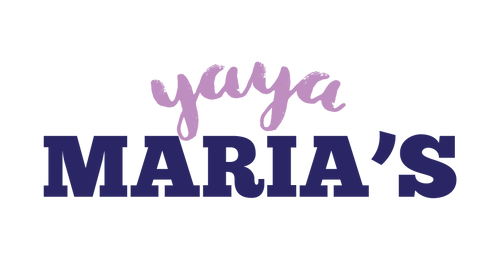Does Antibacterial Soap Kill Coronavirus?
Today you’re going to learn what scientists found out about antibacterial soap and whether it kills coronavirus.
Here’s what you need to know.

1. Antibacterial soap isn’t really antibacterial
This may sound surprising, but it is true: the “antibacterial” agents in antibacterial soap don’t kill pathogens.
Scientists discovered that antibacterial soap only kills germs if you soak an item in the soap for 9 hours without adding any water.
Definitely not helpful for protecting yourself from the coronavirus!
Another research team found that antimicrobial soap wasn’t even effective at reducing germs in dish sponges and cleaning cloths.
Despite promising that antibacterial soap kills germs, scientific evidence indicates this a marketing hoax.
So what should you use to remove germs from your hands and protect yourself from the coronavirus?
2. Regular soap gets the job done
Conventional soap works great at removing bacteria and viruses from your skin.
Here’s how we know this.
A research team at the University of Michigan carried out a meta-analysis of all the studies on hand-hygiene that were recorded in 4 electronic databases between 1960 and 2007.
They found no proof that antibacterial soap was superior to regular soap for removing germs from the human skin.
The truth of the matter is that all soap works great for that purpose.
Here’s why.
Germs mainly cling to the natural oils on our skin and because any soap removes those oils, germs get washed off in that process.
That’s why the CDC urges people to wash their hands on a regular basis during the coronavirus pandemic, and why they never mention any reason for using antibacterial soap.
There is also another reason why:
3. Antibacterial soap harms your health
Antibacterial soap doesn’t protect your health any more than regular soap does against the corona crisis, and it might actually harm your health.
As it happens, antibacterial soaps contain a number of harsh chemicals that can lead to detrimental health effects.
You’ll often find ALS (ammonium lauryl/laureth sulfate) or SLS (sodium lauryl/laureth sulfate) among antibacterial soaps’ ingredients, which are known skin irritants and carcinogens.
(SLS and ALS are the reason why your skin may feel dry after using those soaps. Find out how to keep hands soft in this post).
Many antibacterial soaps also contain “fragrance” and “colors”. These are catch-all terms that manufacturers use to hide thousands of chemicals, as the Environmental Working Group (EWG) revealed.
When using antibacterial soap to fight the coronavirus, you’ll also encounter methylchloroisothiazolinone, an ingredients that’s well known for causing skin irritation and allergic contact dermatitis.
And the list goes on and on.
In fact, the FDA banned 19 chemical ingredients found in antibacterial soaps due to their negative health impacts.
Since antibacterial soap doesn’t protect you against the coronavirus any more than regular soap does, there’s no reason why you should expose your health to the nasty ingredients in those products.
And there’s more.
4. Antibacterial soaps harm the environment
A common ingredient in antibacterial soap used to be triclosan.
While triclosan has been banned in the US for some products, there are still soaps that include triclosan in their formulas.
And that’s problematic.
Research showed that triclosan is extremely harmful to the environment.
Once triclosan flows down the drain, it kills aquatic life – both animals and plants. (Learn why it’s so important to use biodegradable soap).
Don’t use soaps that include toxic antibacterial agents.
There is no proven health benefit and it only harms wildlife unnecessarily.
5. Antibacterial soap & antibiotic resistant bugs
Harsh ingredients like triclosan don’t just wreck the planet, they also put our health care system in danger.
The problem with ingredients such as triclosan, hexachlorophene, diflufenican, and various other active ingredients in antibacterial soap is that they are, well, antimicrobial.
According to medical research, this is a troublesome development.
Researchers revealed that the more antimicrobial ingredients in soaps and other products that end up in our environment, the more drug-resistant germs we get. That translates into increased deaths from antibiotic-resistant infections.
Since these ingredients in antibacterial soap don’t provide any additional protection against the coronavirus, there’s no reason why you should use them during the pandemic.
One last thing...
Now you’ve learned a number of negative side effects of using antibacterial soaps.
The best thing you can do to protect yourself against the coronavirus is to listen to the advice of the experts, such as the Centers for Disease Control and Prevention (CDC).
Wash your hands often (regular soap is fine), avoid close contact with others, cover your mouth and nose, cover coughs and sneezes, and disinfect surfaces frequently.
Ready to learn more?
Here's what to read next:
How to wash fruits and vegetables during coronavirus
How to get rid of germs inside a dish sponge the natural way
How to dry dishes the right way
(When you make a purchase from links in this post we might receive a small commission at no additional cost to you.)

Back to News